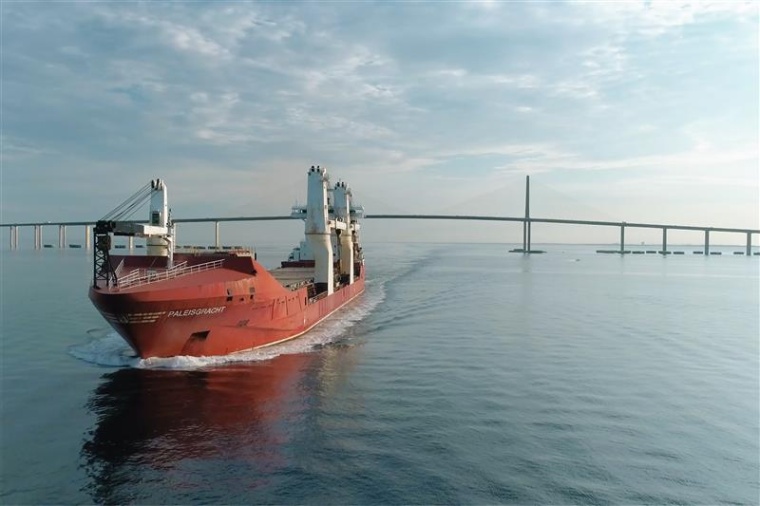Air Products Acquires Gas-to-Liquids Facility in Uzbekistan
Air Products is paying $1 billion to take over a natural gas-to-syngas processing facility in Uzbekistan. The industrial gases producer has signed a deal with the Uzbek government and state-owned energy company Uzbekneftegaz to buy the facility in Qashqadaryo province.
The natural gas-to-syngas complex is an integral part of Uzbekneftegaz’s multi-billion gas-to-liquid (GTL) facility that produces 1.5 million t/y of synthetic fuels for domestic use and export.
Under the agreement, Air Products will acquire, own and operate two large-scale air separation units, two large-scale auto-thermal reforming units and a hydrogen production unit within the Uzbekistan GTL complex, as well as supplying oxygen, nitrogen, hydrogen and syngas under a long-term, take-or-pay/fixed fee contract to Uzbekneftegas. In turn, Uzbekneftegas will supply natural gas feedstock and utilities, and offtake all products.
“With this strategic acquisition in Uzbekistan, a high-growth environment underpinned by strong government support, we will bring our best-in-class operational and supply competencies to bear. This will enable Uzbekneftegas to seamlessly produce low-cost, high-purity fuels that enable the Republic to meet its growing energy production and societal needs,” said Air Products chairman, president and CEO Seifi Ghasemi. He added that Air Products is “excited about future opportunities in Uzbekistan and the Central Asia region.”

According to Air Products, Uzbekistan represents “an attractive investment” as it is one of the world’s top producers and exporters of natural gas, among other resources. Uzbekneftegas is the largest gas producer in the country, accounting for roughly 61% of output last year.
Separately, Air Products announced earlier in May that it had agreed to supply its proprietary liquefied natural gas (LNG) process technology and equipment to Technip Energies for the Xi’An LNG Emergency Reserve & Peak Regulation Project in Shaanxi, China. The liquefaction train will produce 800,000 t/y LNG when operational — a startup date was not disclosed.
Author: Elaine Burridge, Freelance Journalist

















